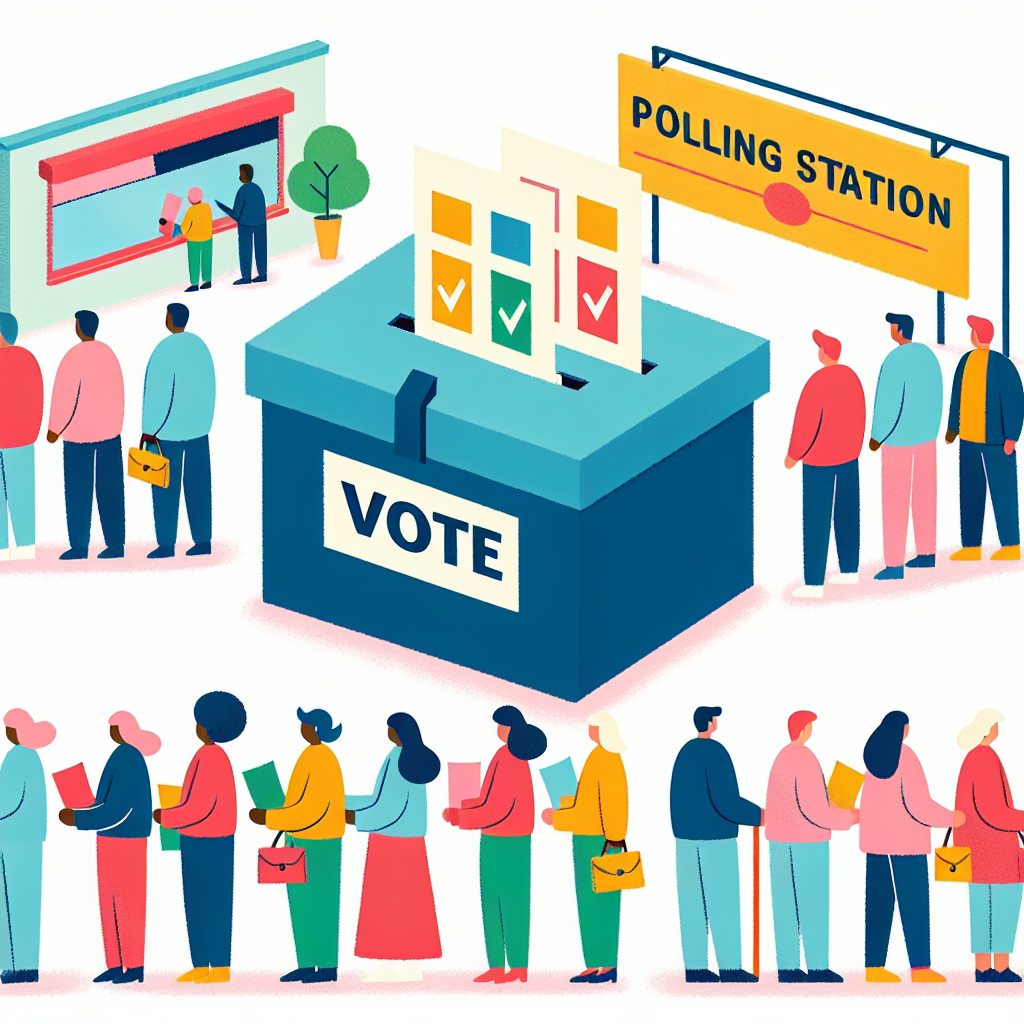Sri Lanka's Presidential Election Lacks Female Representation Despite Women Majority Voters
In Sri Lanka's upcoming presidential election, not a single woman will be on the ballot despite women making up more than half of the voters. The election follows an unprecedented financial crisis and features 38 candidates. The lack of female representation highlights a deeply embedded patriarchal structure in the country's politics.

- Country:
- Sri Lanka
Women constitute over half of the voters in Sri Lanka, but none will appear on the ballot for Saturday's presidential election.
The island nation, home to over 22 million people, is set to elect a new president to navigate its economy after a major financial crisis two years ago resulted in the ouster of the then-head of government. With more than 17 million eligible voters, this election sees a record 38 candidates. However, nearly 9 million female voters will find no gender representation among them.
'I feel a little disappointed,' stated first-time voter Sandami Nimesha, a 20-year-old information technology student. Despite recognizing that presidents should address public issues regardless of gender, Nimesha believes a female president would better focus on women's concerns. 'I think it's better if there is a female candidate,' she added.
This election is seen as a three-way race among current President Ranil Wickremesinghe, opposition leader Sajith Premadasa, and parliamentarian Anura Dissanayake, with results expected on Sunday. Sri Lanka's politics have long been male-dominated since universal suffrage in 1931, a trend that persists globally, with only 13 of 193 U.N. member states led by women in 2023. Historically, women like Sirimavo Bandaranaike and Chandrika Kumaratunga achieved top positions due to political legacies tied to male relatives.
Despite a 2016 law mandating 25% female representation in local councils, many believe greater political parity is overdue. Women's rights activist Sepali Kottegoda notes the deep-seated patriarchy within major political parties, which hinders women’s progress. Kottegoda, who advocated for the local council quota, is now pushing for a similar quota in the 255-member Parliament, where women currently hold just 5.3% of seats. While academic Ajantha Perera was the first woman to run for president in two decades in 2019, she emphasizes the need for a strong female candidate in future elections.
(With inputs from agencies.)










